The Alaska summit was described as a historic step by both participants. Following the meeting, Vladimir Putin emphasized that under the Democrats’ governance, U.S.–Russia relations had hit rock bottom, and the relationship between the two countries had not been this poor since the end of the Cold War. However, following the three-hour talks, a process has now begun in which the parties have moved closer together on numerous issues.
According to Gyorgy Nogradi, Trump knows well that real results regarding Ukraine can be achieved with Russia.
The Americans can only negotiate with Ukraine on matters concerning Ukraine itself, while with Russia they can address global issues — on Iran, the Middle East, Syria, Lebanon, and even economic cooperation,
– the security policy expert said.
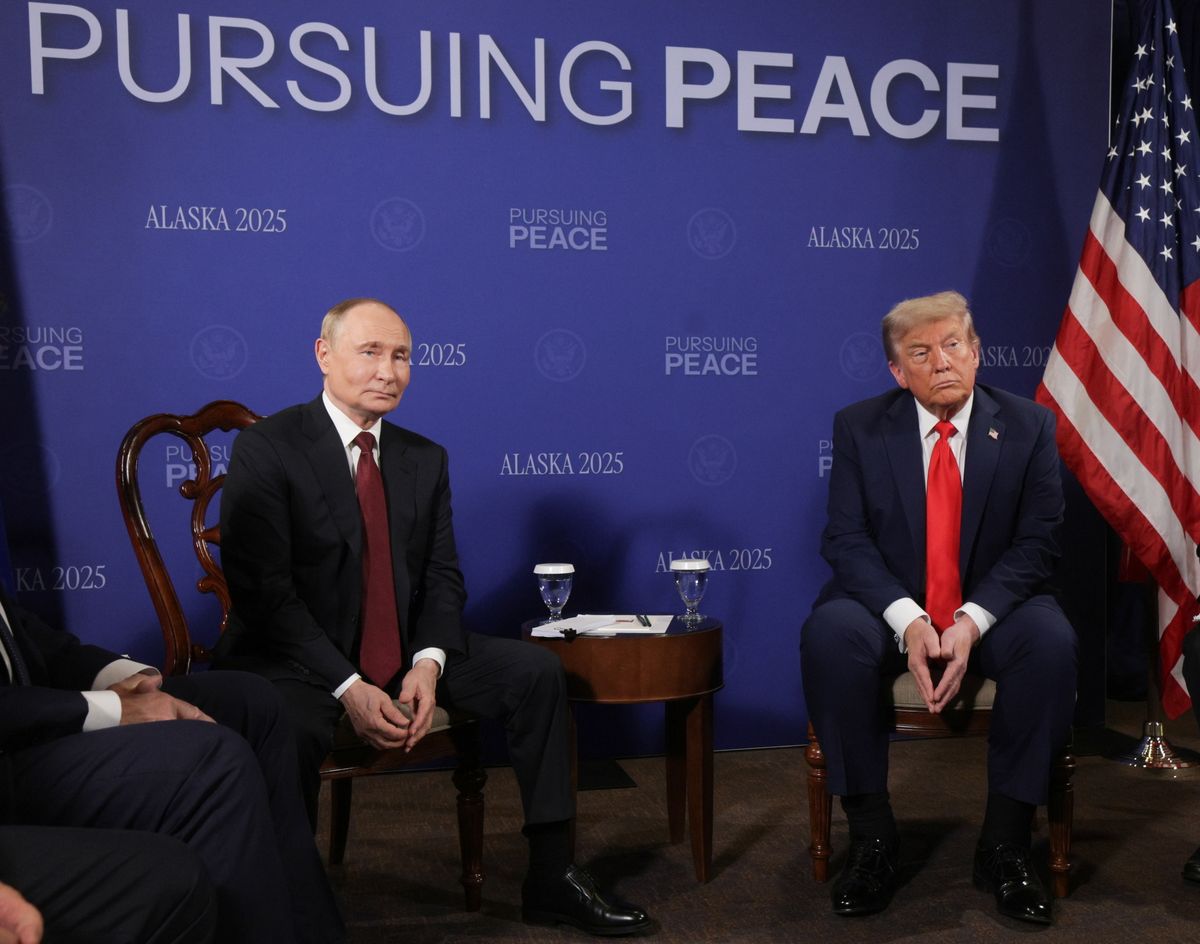
Rajmund Fekete added that U.S. domestic politics also largely shapes the atmosphere of the negotiations.
Since 2016, the Democrats have built an anti-Russia narrative against Trump, which has proven false. This political legacy, however, continues to pressure much of the Western elite and also shapes public discourse,
– he said.
Experts suggested that the talks may have also addressed the form of post-war settlement. Some Western media reports mention a demilitarized zone, while others suggest a territorial compromise. As Gyorgy Nogradi put it:
Ukraine’s manpower is rapidly depleting, and Western weapon deliveries cannot reverse the course of the war. Nevertheless, Russian capitulation is unthinkable; Russia remains a nuclear power.
According to the Rapid Extra's guests, the decision on peace will not rest with Zelensky. “Hungary knows from historical experience what it means when great powers decide over our heads. We might be facing something similar now,” noted Rajmund Fekete.
The experts also agreed that the most important message of the summit is the fact itself: after several years, the U.S. and Russian presidents sat down to talk again. This could launch a new process in international politics that may fundamentally determine the future of Ukraine.
Cover photo: Rapid Extra (Photo: Magyar Nemzet)
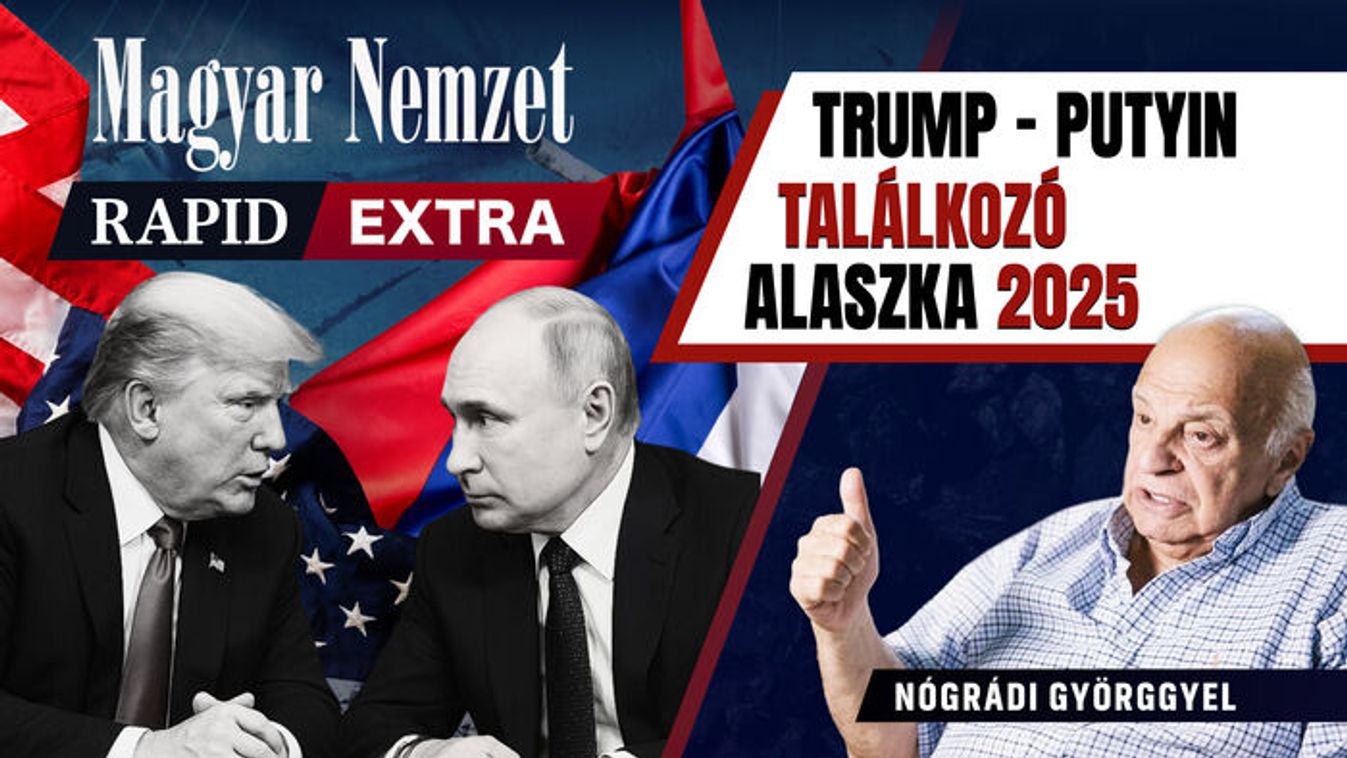
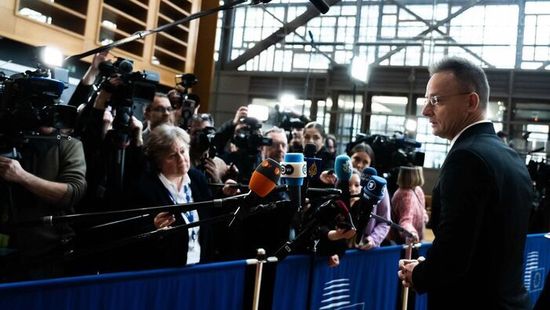
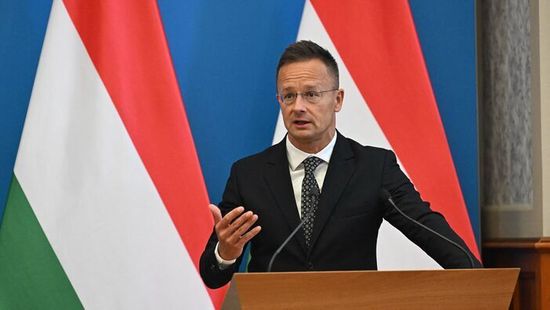

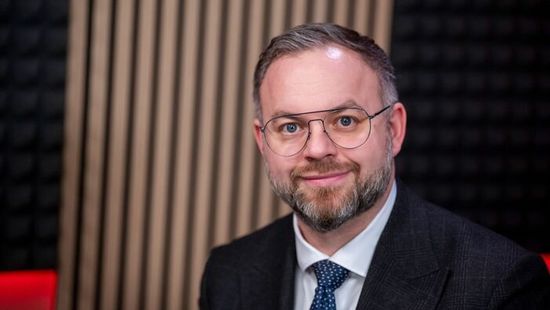

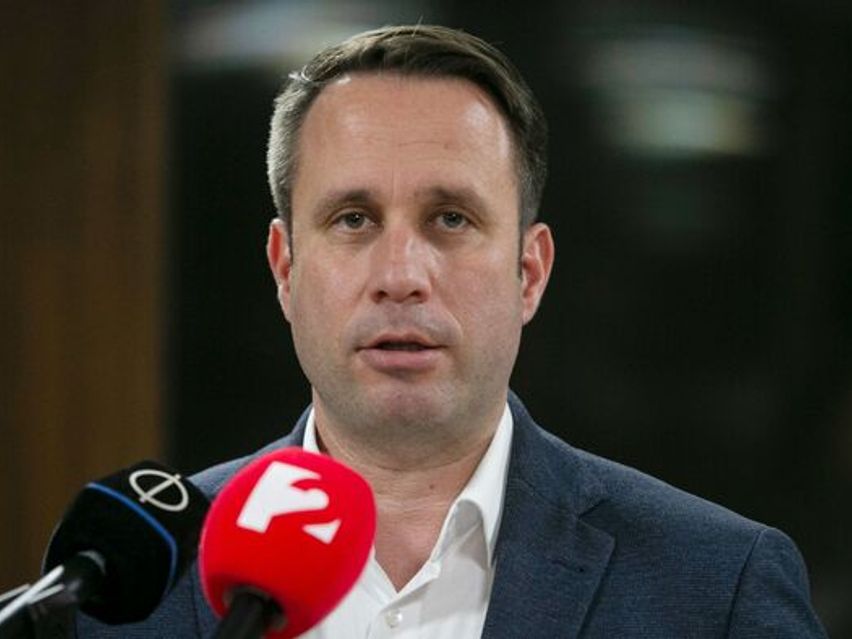
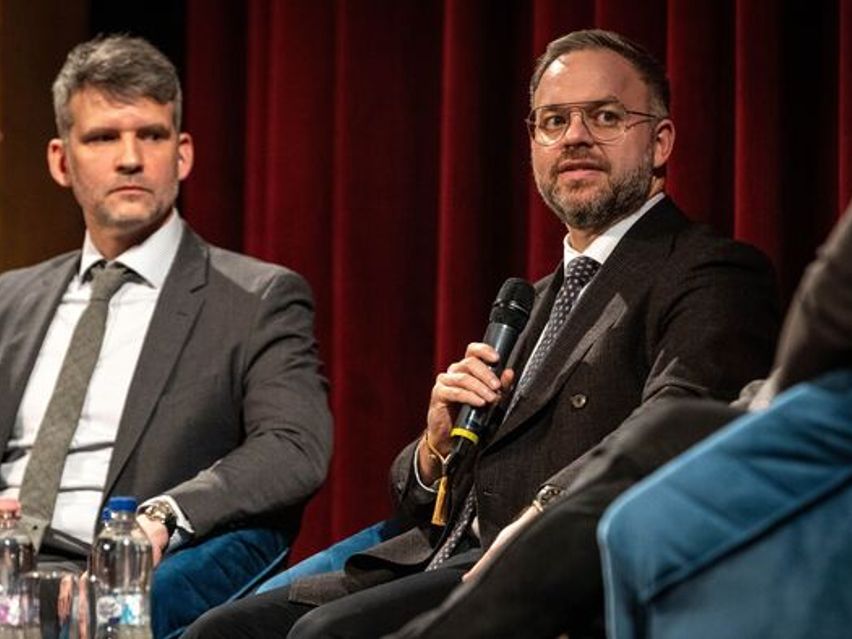
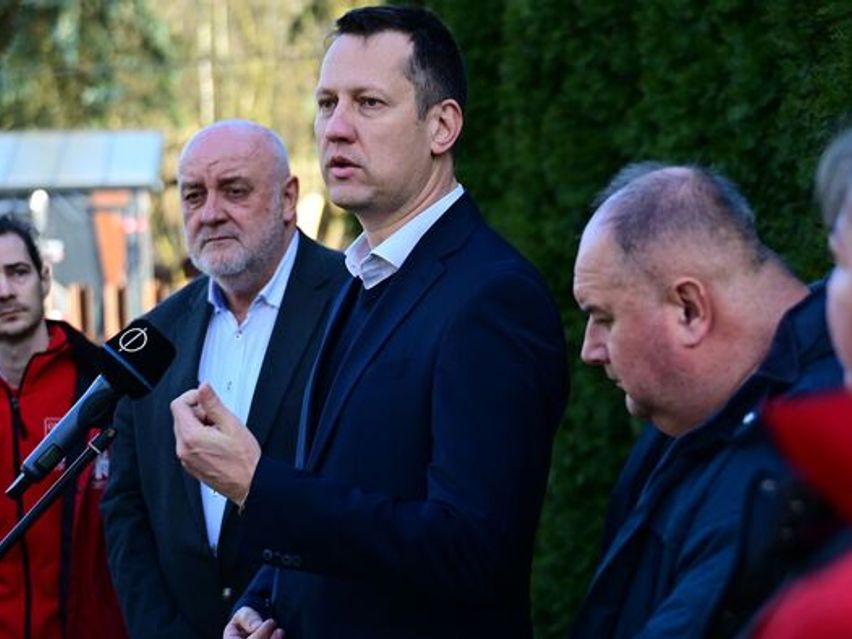


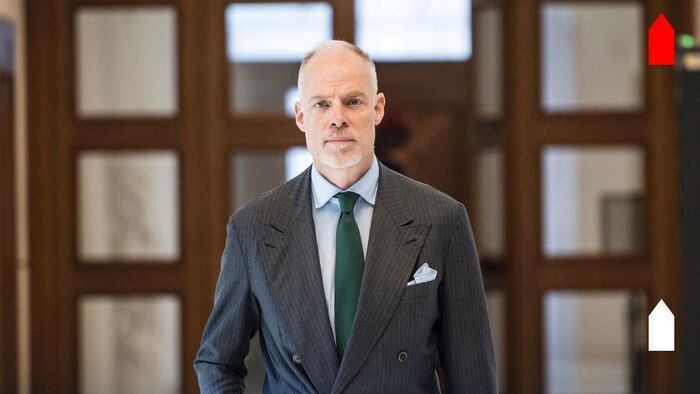

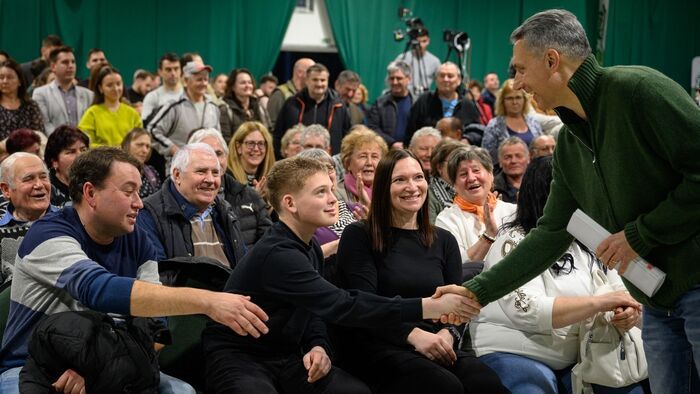
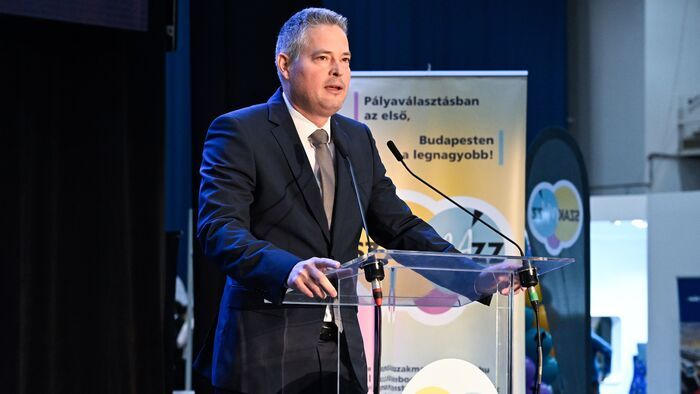
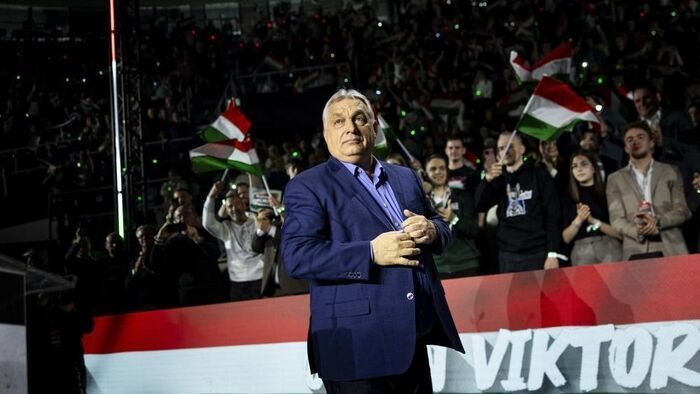
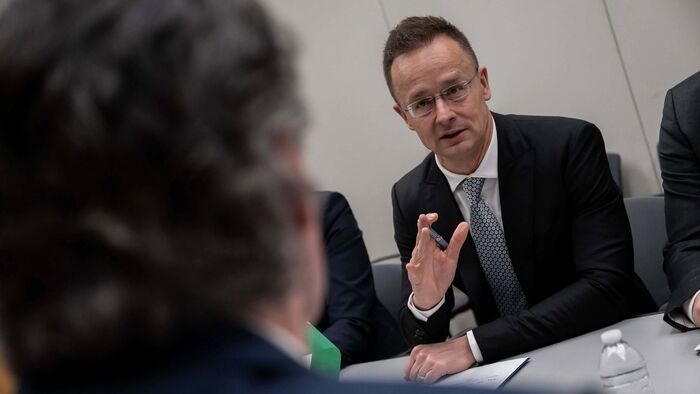
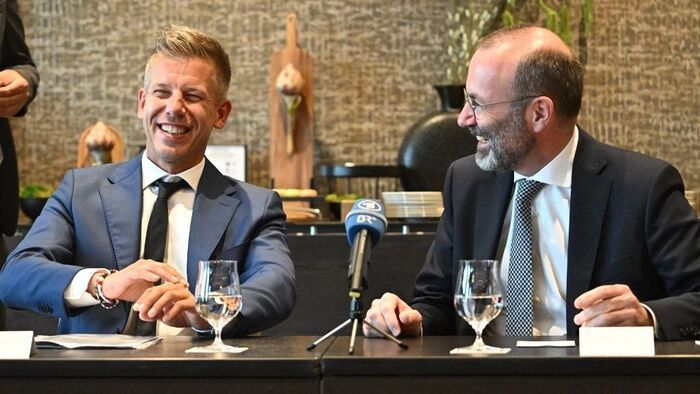


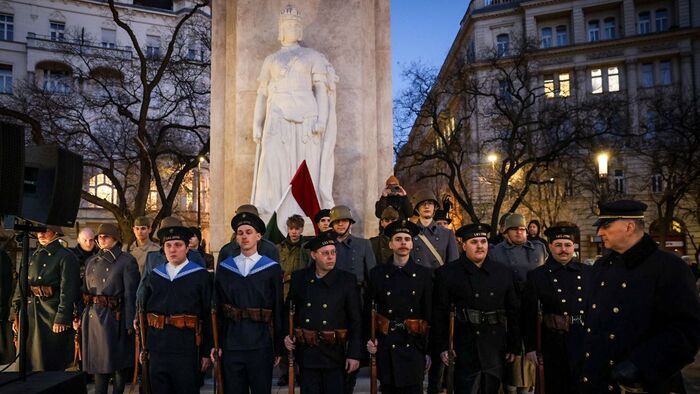
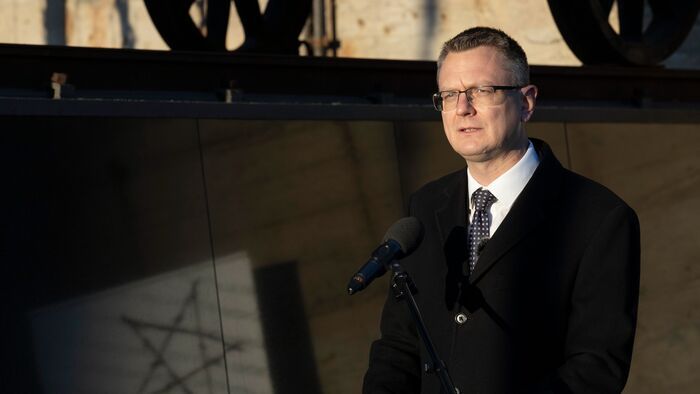

Szóljon hozzá!
Jelenleg csak a hozzászólások egy kis részét látja. Hozzászóláshoz és a további kommentek megtekintéséhez lépjen be, vagy regisztráljon!